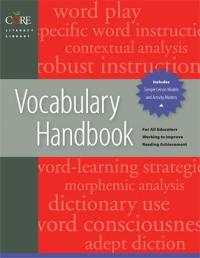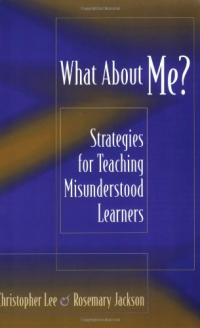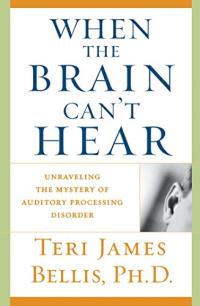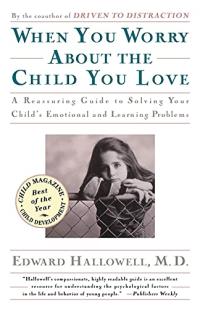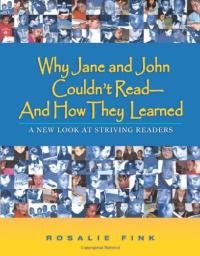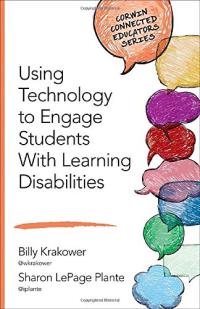
Using Technology to Engage Students With Learning Disabilities
Harness the power of today’s technology to improve learning and engagement for students with learning disabilities. By engaging students with learning disabilities using the technology already at your fingertips, you’ll see your students begin to thrive and grow in exciting new ways.
